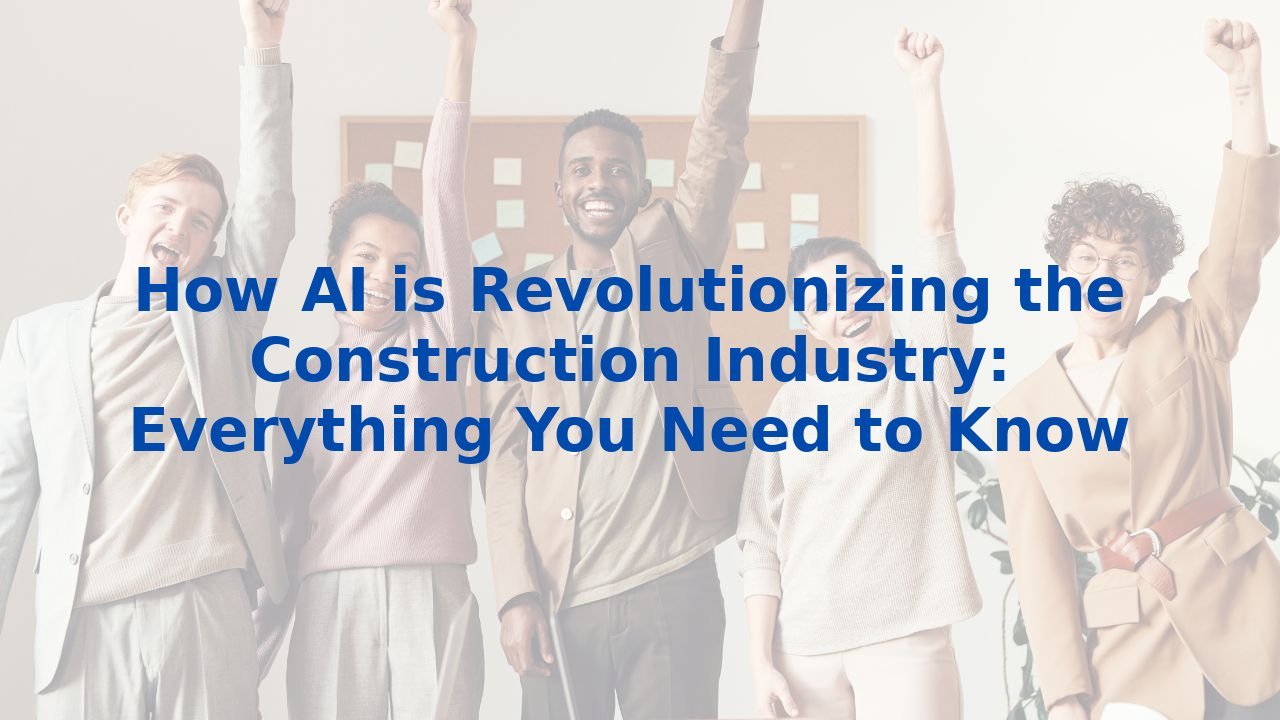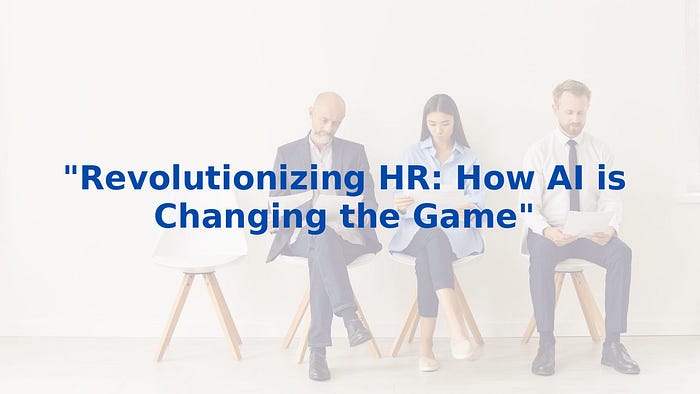How AI is Revolutionizing the Construction Industry: Everything You Need to Know
The Future of Construction: Embracing AI for Enhanced Efficiency
The construction industry has always been at the forefront of innovation, yet it still grapples with inefficiencies that can derail projects and lead to unnecessary costs. A prime example of this is the ongoing construction process of Smart 1939, an elegant 8 Marla house in I 14 Islamabad. This project illustrates how modern buildings are not just physical structures but also a convergence of advanced technology and innovative business processes that can greatly benefit from the infusion of Artificial Intelligence (AI).
Understanding Current Business Processes in Construction
The construction process entails numerous stages, from initial planning and design through to the final handover of the building. Each stage involves coordination between various stakeholders including architects, engineers, contractors, suppliers, and regulators. Despite the sector's inherent complexity, many of these processes are still manual or rely on outdated systems that can lead to delays and errors. The construction of Smart 1939 serves as an excellent case study to explore how integrating AI can streamline these tasks.
AI Can Transform Planning and Design
In the planning phase, AI can revolutionize how designs are created and optimized. By utilizing generative design algorithms, architects can input specific parameters and receive multiple design options that meet their criteria. This not only saves time but also opens up avenues for innovative architectural solutions that would be impossible to conceive manually. Furthermore, AI can assist in simulating environmental impacts, ensuring that projects are sustainable from the get-go.
Enhancing Project Management with AI
Effective project management is often the backbone of successful construction projects. AI can play a pivotal role in enhancing this aspect by predicting project timelines and resource allocation. With machine learning algorithms analyzing past project data, construction managers can identify potential bottlenecks and equip themselves with proactive strategies to address issues before they escalate.
“AI enables construction managers to make data-driven decisions, greatly improving the chances of staying on schedule and within budget.”
Improving Communication Among Stakeholders
In any construction project, clear communication among all stakeholders is essential. AI tools can automate and facilitate this, providing real-time updates and insights. For instance, chatbots can be deployed to handle inquiries from subcontractors or vendors, allowing for quicker resolutions and better coordination. This seamless communication leads to improved efficiency and mitigates potential misunderstandings that can cause costly delays.
Quality Control and Safety Compliance
Quality assurance and safety compliance are critical in construction. AI-powered drones and imaging technologies can monitor construction sites for compliance with safety regulations and quality standards. These tools can quickly identify potential hazards or deviations from specifications, enabling teams to address problems swiftly—ensuring that Smart 1939 meets all safety and quality benchmarks, while safeguarding the well-being of workers on site.
AI: A Catalyst for Efficiency
Incorporating AI into construction processes does not merely enhance efficiency; it also translates to tangible benefits for organizations. First and foremost, AI can significantly reduce project completion times. According to industry reports, projects that integrate AI technologies often finish at least 20% faster than those that do not. This speed translates into lower labor costs and increased operational efficiency.
Moreover, AI minimizes human error, which can lead to costly project delays. By automating repetitive tasks—such as data entry and scheduling—AI liberates employees to focus on innovative aspects of their roles, thereby boosting overall morale and productivity.
Empowering Employees with AI Training
As businesses embrace AI, equipping employees with the necessary skills through comprehensive training becomes imperative. Understanding AI tools not only enhances their capabilities but also positions them to leverage AI-driven insights effectively. By training employees, organizations create a culture of adaptability and innovation, which is essential in an industry that is constantly evolving, such as construction.
Encouraging staff to participate in AI courses empowers them to embrace technology while preparing them for the future job market. Upskilling your workforce ultimately leads to a more agile organization that can respond to changes with speed and confidence—a crucial advantage in an industry as dynamic and competitive as construction.
Conclusion
The construction of Smart 1939 exemplifies not only a physical structure but also a transformative opportunity for the application of AI in enhancing business processes. By integrating AI throughout various stages—from planning and design to management and execution—organizations can achieve remarkable efficiency upgrades and future-proof their operations. Investing in AI training further ensures that employees are equipped to leverage these innovations, making organizations more competitive and resilient in an ever-changing landscape.



